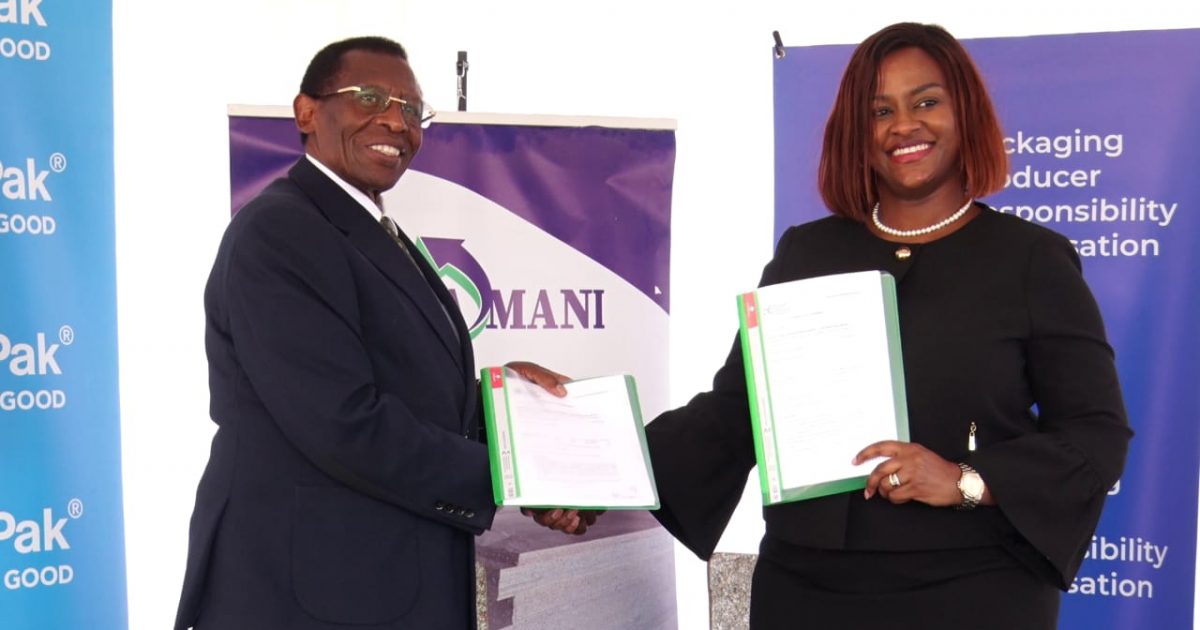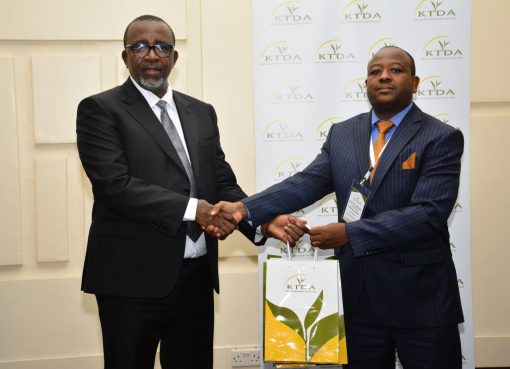Stakeholders in the waste recycling sector have advocated for the use of blocks made from recycled beverage carton waste for the construction of affordable housing.
They said the technology is not only sustainable but also cheaper and more time-saving than conventional stone construction.
Speaking when stakeholders in the recycling sector, Tetra Pack East Africa and Packaging Producer Responsibility Organisation (PAKPRO), signed a deal with Thika’s Ramani Warehouse Ltd., which recycles waste, yesterday, they said construction of houses using blocks from recycled beverage cartons costs half that of conventional stones.
They added that houses constructed from blocks are waterproof and don’t catch fire easily.
Besides affordable housing, the blocks can be used for making fittings in kitchens, tuk-tuk seats, school desks, builders’ formwork, and houses.
Tetra Pak East Africa MD Jonathan Kinisu said they already have waste collectors at the dumpsite and also in the companies to collect the post-consumable waste.
He said the amount of waste is sustainable for the projects, noting that they target recovering 1,500 metric tonnes of used beverage cartons which account for 30% of the liquid board packaging produced in the country.
He added that they are working closely with the recyclers and with PAKPRO to create consumer awareness and increase the recycling volume.
PAKPRO CEO Joyce Gachugi said the country has enough waste that can be used for good, adding that they will work on improving awareness on issues related to segregation and collection.
She said the project would serve as a catalyst for the recovery of post-consumer liquid board packaging (LBP) as the country ushers in Mandatory Extended Producer Responsibility on November 1st, 2023.
She added that the project targets Nairobi, Kiambu, Kajiado, and Nakuru counties, where the recycled waste will be moulded into building blocks that can be used to make various things.
“This is a milestone, and we know we can achieve more than our 1,500 metric tonnes of waste annually. However, we shall actively engage all stakeholders, including the government, collectors, and recyclers, to ensure that the circularity of waste is achieved.
Kimani Rugendo, a recycler, and MD Ramani Company and Kevian Company, which produce Afia and Pick and Peel juices, said the technology has been tested, saying they have made houses using the technology.
“We started the project seven years ago after the government issued a ban on the usage of plastic bottles. We have been collecting the post-consumer cartons from the juice boxes, shredding them, and making them into boards, which we have put to good use,” he said.
He called on Kenyans to embrace the use of recycled materials, saying it will also help in addressing climate change challenges facing the country.
By Muoki Charles





